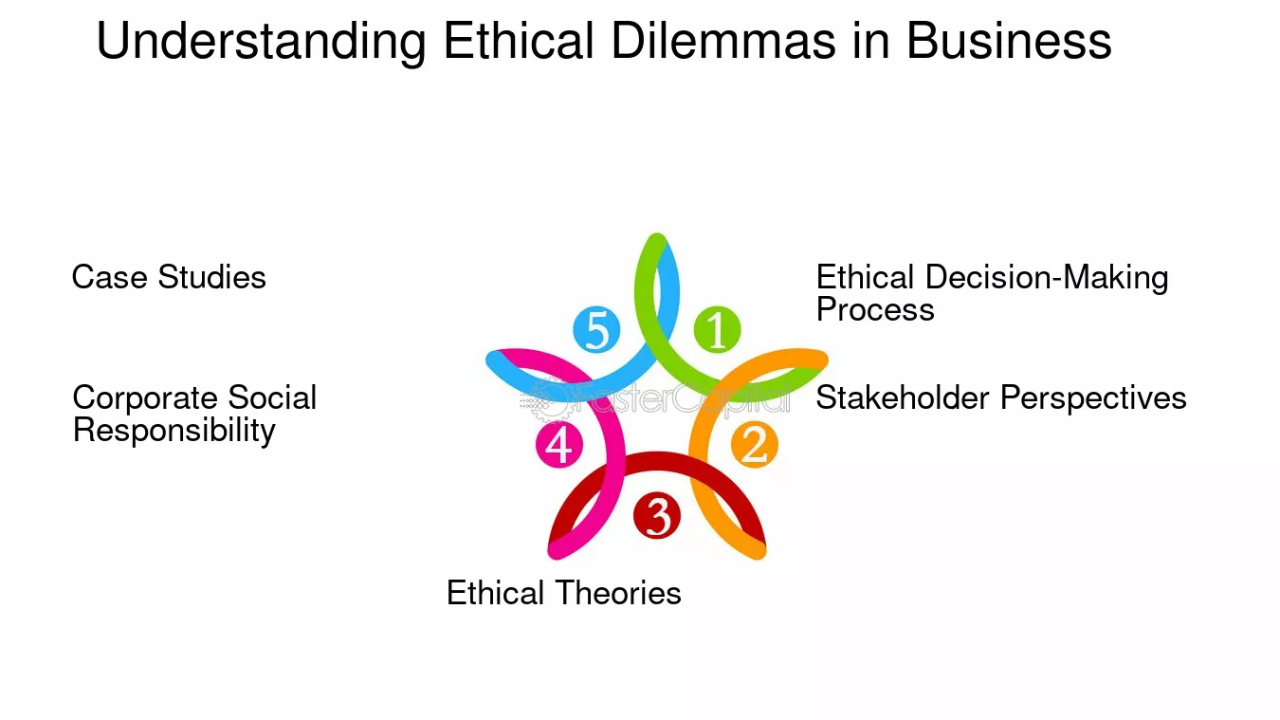
Introduction
The judiciary is tasked with upholding fairness, impartiality, and the rule of law. However, the path to justice is often riddled with ethical dilemmas—situations where legal correctness, personal morality, and public expectation may collide. Unlike procedural errors, ethical dilemmas challenge the very core of judicial responsibility. This article examines real-world judicial ethical dilemmas through case studies, identifies recurring patterns, and highlights best practices that can guide judges in navigating such high-stakes decisions.
Understanding Ethical Dilemmas in the Judiciary
An ethical dilemma arises when a judge must choose between two or more conflicting ethical principles or obligations. The choice is rarely easy, as any decision made could impact:
- Judicial impartiality
- Public trust
- Legal consistency
- Human rights and moral accountability
Types of Judicial Ethical Dilemmas
- Conflict of Interest
Should a judge recuse themselves from a case involving an acquaintance, even if no direct conflict exists? - Pressure from External Forces
How should a judge respond to subtle political pressure or media influence surrounding a high-profile case? - Bias and Prejudice
What if a judge realizes unconscious bias may affect their decision-making? - Confidentiality vs. Public Interest
Should a judge disclose information that is legally confidential but could prevent harm? - Balancing Legal Interpretation and Morality
What if the letter of the law contradicts the spirit of justice in a particular case?
Case Studies: Real-Life Ethical Dilemmas
| Case Title | Dilemma Faced | Judicial Decision | Outcome/Implication |
|---|---|---|---|
| Recusal in a Corruption Case | Judge’s brother worked for the defendant firm | Judge recused to avoid perceived bias | Upheld the credibility of the trial |
| Juvenile Sentencing Debate | Harsh law vs. reform-oriented approach | Judge opted for rehabilitation over maximum term | Sparked debate on youth justice |
| Whistleblower Evidence Leak | Protected classified info revealed corruption | Judge accepted the evidence citing public good | Balanced confidentiality with justice |
| Social Media Comments | Judge commented on ongoing trial online | Judicial council issued formal reprimand | Reinforced social media guidelines for judges |
| Religious Symbol in Courtroom | Judge wore a religious symbol during hearings | Court ordered removal to maintain neutrality | Reaffirmed secularism in public institutions |
Overview Table: Ethical Challenges and Solutions
| Ethical Challenge | Key Conflict | Risk If Mismanaged | Best Practice Recommendation | Judicial Value Protected |
|---|---|---|---|---|
| Conflict of Interest | Loyalty vs. impartiality | Undermined trust in verdicts | Full disclosure and voluntary recusal | Integrity and fairness |
| Political Influence | Independence vs. external pressure | Compromised autonomy | Publicly assert independence, document pressure | Judicial independence |
| Implicit Bias | Subconscious preference | Injustice for minority groups | Bias awareness training and case review tools | Equal treatment |
| Confidentiality Breaches | Legal limits vs. public harm | Legal sanctions or cover-up | Legal consultation and ethics board review | Transparency and accountability |
| Online Conduct | Personal expression vs. judicial role | Public perception of bias | Code of conduct for digital platforms | Public confidence |
Best Practices to Navigate Ethical Dilemmas
- Institutional Recusal Protocols
Courts should establish clear guidelines for when and how judges should recuse themselves to avoid even the appearance of bias. - Ethics Advisory Committees
A confidential ethics panel can guide judges on complex moral decisions without fear of reprisal. - Regular Ethics Training
Continuous workshops on cognitive bias, conflict management, and judicial decorum are essential to professional development. - Clear Social Media Guidelines
Judges should avoid commentary on political, legal, or ongoing case matters online to preserve impartiality. - Ethics Reporting Mechanisms
Encourage anonymous or protected reporting of unethical behavior within the judiciary, fostering a culture of accountability. - Transparency with Caution
Transparency must be balanced with legal obligations—judges should seek advisory opinions when unsure.
Global Frameworks and Institutional Standards
| Framework / Body | Purpose | Application Area |
|---|---|---|
| Bangalore Principles of Judicial Conduct | Ethical foundation for global judiciary | Independence, impartiality, integrity |
| Latimer House Principles | Governance standards for Commonwealth judges | Judicial independence and responsibility |
| ABA Model Code of Judicial Conduct | US standard for ethical behavior | Behavior in and outside the courtroom |
| Judicial Councils or Oversight Bodies | Investigate complaints and guide ethics | National or state-level implementation |
| UNODC Judicial Integrity Program | Global judicial integrity initiatives | Developing countries and reform states |
Ethical Decision-Making Model for Judges
When facing a dilemma, judges can follow this structured approach:
- Identify the Conflict – What ethical values are at stake?
- Consult the Code – What do institutional rules and legal frameworks say?
- Seek Guidance – Can the ethics committee or a senior peer offer insight?
- Evaluate the Impact – What will the decision mean for fairness, justice, and public trust?
- Make and Document the Decision – Justify the decision with references to ethical standards.
Conclusion
Judicial ethical dilemmas are complex, unavoidable, and often without a perfect answer. However, with the right tools, structures, and awareness, judges can navigate them in ways that uphold the spirit of justice. Transparency, accountability, and education are the best defenses against ethical erosion. By embracing these values, the judiciary can protect not just the law, but the deeper ideals that law is meant to serve.
Top 3 One-Line FAQs
Q1: What is an ethical dilemma in the judiciary?
A: It’s a situation where a judge must choose between conflicting ethical obligations or values.
Q2: How should judges respond to potential bias?
A: Judges should undergo bias training, disclose conflicts, and recuse when necessary.
Q3: What global standards guide judicial ethics?
A: The Bangalore Principles, ABA Model Code, and Latimer House Principles are widely adopted.

